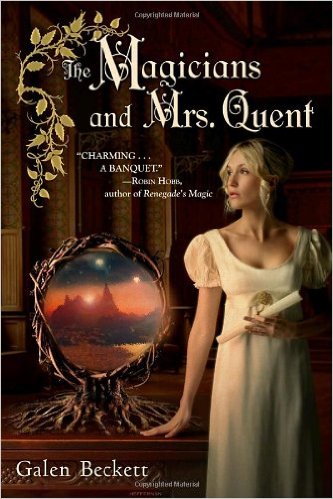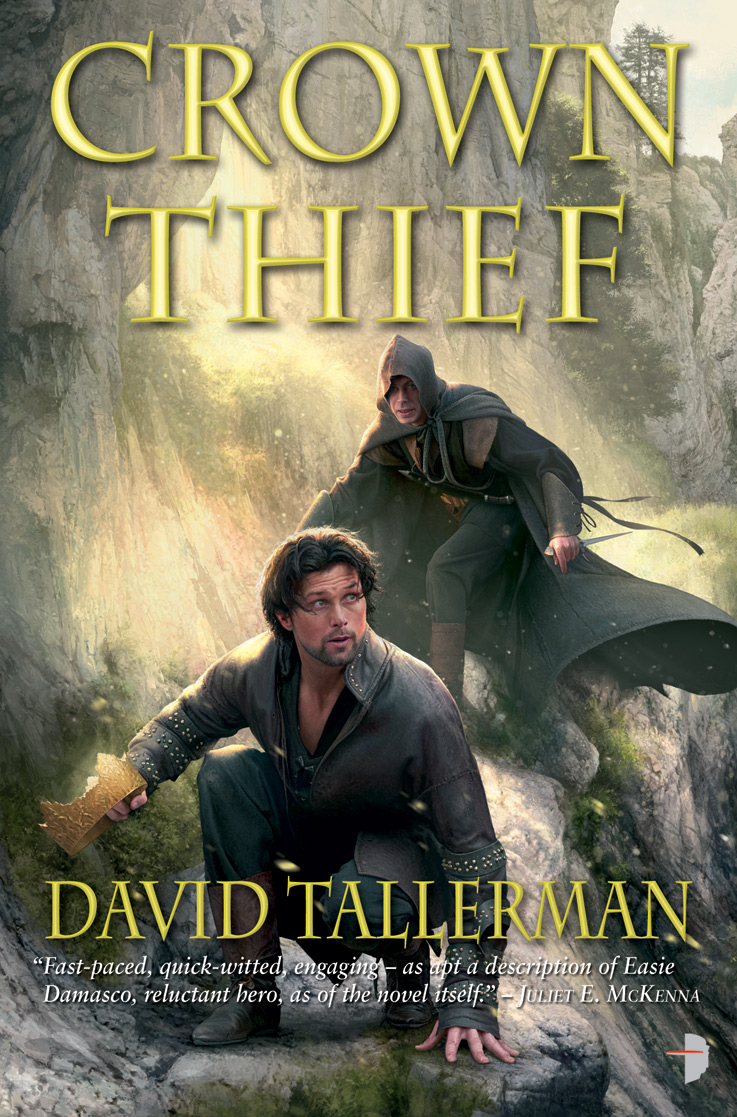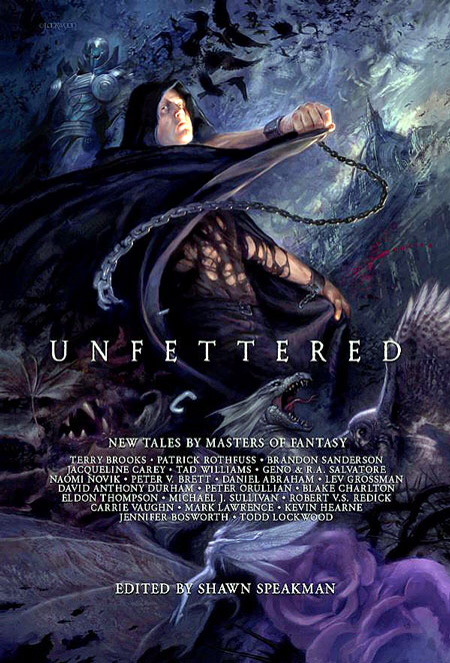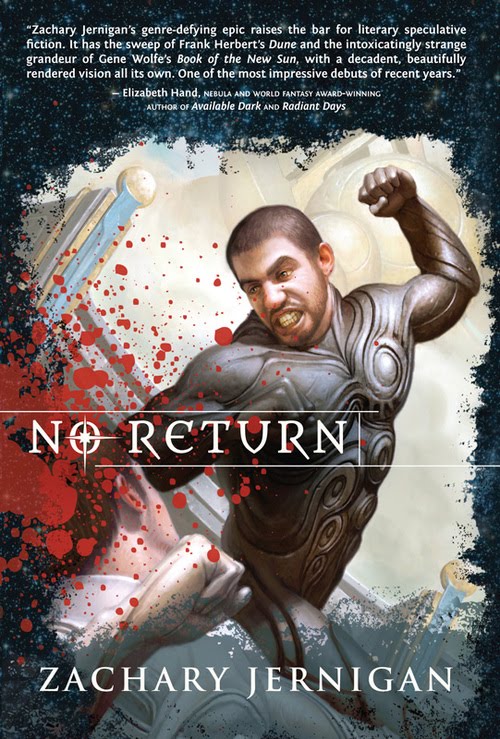The Benefits of Reading

Growing up, we’re all encouraged to read at one point or another. Whether it be Shakespearian plays, out school textbooks, autobiographies or the classics, books played a role in our lives growing up and for a lot of us, they still do. Why is it though, that in many countries around the world, reading is something that’s enforced at a young age? What benefits do we get from reading the books we’ve come to love and enjoy?
I could list a hundred or so reasons on why reading is good for you, and why it’s so important to read… Though, reading brings something different to all of us, and we all perceive books in a different way. In August of last year, Linda Poitevin wrote a post on the subjective side of reading, stating that “readers are going to take from a story what they want (or need) to experience. What one reader sees, another might miss altogether…only to draw from the story something the author him/herself may never have intended.” (Link to this post can be found here). I have to agree with her fully on that, as we all learn or take things away from books that someone else might not even notice.
Whether we’re reading books to relax, escape, or learn; they give us a window into the different facets of human existence that we might not otherwise get to explore. They open a new world away from our own sorrows and fears, letting us escape from reality for a little while; giving us a bigger perspective on life, the universe, and well, everything (to borrow from Douglas Adams). We can learn from the characters — both the antagonists and protagonists and apply those lessons into our daily lives; do what we can to keep from making the same mistakes, avoid the same fatal flaws, learn to approach problems and challenges in different ways. Reading not only broadens our perspective of the world around us, it gives insight to who we are, and how we can apply that to better ourselves.
In the case of non-fiction books, they allows for a more concentrated delve into a topic that’s filled with an abundance of information, it’s something that you can focus on (provided it’s what you have an interest in), and learn loads of fascinating things about. For example, did you know that in space there’s a gas cloud with enough alcohol in it to make 400 trillion trillion pints of beer. That probably isn’t a fact you’d find in the pages of Lord of the Rings or I, Robot, but it’s still interesting. (Try singing that song — 400 trillion trillion pints of beer on the wall, 400 trillion trillion bottles of beer). There’s a wealth of information out there, amazing facts that most of us can’t even begin to fathom. Some of that information, if not all, we can learn here on the internet, we can see things that friends and different sources post on websites like Twitter or Facebook, and it’s great. However, while reading a tweet with an interesting fact can be enough to pause and make you think, if you don’t take the time to research that tidbit of information, that sentence that you paused over for a moment, then you’re not going to learn anything.
Fiction allows us to understand and better know ourselves, and the people around us; helping us overcome challenges we may face that can correlate to something we’ve read. While on the other hand, non-fiction takes us deeper into the roots of human understanding and knowledge. Find a book on a topic that interests you, whether it’s Freud’s approach to dreams, medieval philosophy or linguistics, there’s so much out there for you to learn. One thing people don’t seem to understand these days is that you don’t need to go to university or college to become an expert on a topic or to learn about it. Find a local library, discover some new authors, there are so many fountains of knowledge out there, just bursting to be read. It’s all out there, sitting on a piece of paper, waiting to fall into your hands and be read.
The stories we read about all have different morals and lessons behind them. Almost every fantasy (or science-fiction) story will have some sort of grievance between races, or classes, reading those stories give us a glimpse into other cultures and into lives of people who are in circumstances so different from our own; or perhaps their lives have more in common with ours than we’d care to admit. Books are the doorway into different worlds, and every world has its lessons. Those worlds — they consist of exceptions; for every rule, there is an exception. That applies here too, if you think there’s something you can’t do for a certain reason, well that shouldn’t stop you from going for it anyways if that’s what you want. There’s always an exception, and who’s to say that can’t be you?
One of the more obvious benefits of reading is that it helps us to develop our language skills and expand our vocabulary. When we read books, (depending on the size/reading level) there’s typically 10-20 words the average reader will not know the meaning to, by reading the sentence and seeing the usage of the word; it helps to not only teach us the word — plus, if you search up the word or you encounter it later, you’re more likely to learn it quicker. Read to your children, read often, read books over and over. Read when they’re infants and too young to understand; read books filled with words that their growing minds have yet to learn. Read books that will make them ask questions, or that make you ask questions. Read to learn, and read to teach.
Read to develop your cognitive functions, and your skills of deduction. Going back briefly to the developing language skills and vocabulary; in fiction, writers tend to invent a lot of words and terminology, while it may be stinting to newer readers – or those who just don’t read often, it’s something that avid readers become more familiar with and have an easier time in understanding them. Also, in books such as mystery novels, the deduction and improved cognitive development really does play a part as you’re able to pick out the clues, hints and red herrings the author leaves along the way; creating an experience which is much more engaging and worthwhile. Especially while you’re in school, this is a vital factor. Reading often can greatly help you succeed in your education.
Entertainment. Reading is a great way to reduce boredom, allowing your imagination and creativity to flourish. While you relax and read, you allow your mind to be engaged and feel some of the many emotions that let us know we’re alive. It’s like meeting new people every time you open a new book; people that you’ll laugh at, care about, come to love — then cry over, maybe you’ll hate them for a while, grow frustrated and roll your eyes when they do or say something stupid, then come to realize how much you cared about them when they get sick, injured, or even die. Books have a way of becoming like family — the characters, our friends. They’re always there for you, and you can always visit them again; reliving past experiences, going through the same emotions as before. They’ll never leave, or change and become people that you no longer recognize. Characters remain the same fascinating people they were when you first met them, they develop and grow the same ways they did the first time you read their story. They are an escape, they are there to be used, and they are there to prove your insight into yourself, as well as into others.
Our mind creates these vast worlds for us to see with the help of books, it gives us a chance for insight… Why do we read? What do we get from it? There isn’t one firm answer to these questions, but for every page that’s read, for every adventure spanning hundreds of pages, there will always be something for you. A lifelong friend, something to curl up with on the couch for comfort, to show us even in the darkest of moments that there is hope, and there is always more to be discovered.
Related articles
- Reading Good Books isn’t Enough (livelifewithyourkids.wordpress.com)
- Book Monster (undiscoveredauthor.wordpress.com)
- Books for Reluctant Readers (epricepatel.wordpress.com)
- Reading a book really is better the second time round – and re-reading can offer mental health benefits (dailymail.co.uk)
- We Give Books Announces Nationwide “Read For My School” Campaign (prweb.com)





4 Comments
Rickard Wozniak
Starting to read at a young age greatly enhances your skill at reading and lays some important groundwork for your time in school. I’ve seen many examples through my years in school (and even university) of classmates who never read struggle immensely with reading, not because of dyslexia but because they had insufficient training at reading. I wasn’t good at reading my first few years in school but starting out early had laid the gorundwork and since I loved reading I got very good at it and helped me alot. You pointed this out already and yes it’s much easier to find information and soak it up when used to reading.
On the subject of literary canon I’m much more skeptical. Putin of Russia recently proposed that russian children be subject to read a 100 important works of russian literature in school. Now that is usually a killer of joy. However good the literature may be and the good it may bring to the reader, it’s usually the kind of literature unsuited for most young students to read as you need a certain maturity to understand books that deal with for example adult matters, morals and existentialism of which such literature usually proposed for reading canon contain alot of. Some student will easily handle it but the vast majority will be completely hateful for being forced into such reading. I’ve seen it a million times. As a teacher I’m myself very skeptical to the whole idea. I’ve myself been subject to it and even though the actual reading was no problem I could not grasp the complexity of swedish author August Strindberg’s novels when I was 14. Six to ten years later would have made a whole lot of difference. With more maturity and life experience come alot more understanding. Literary canon also ironically AND intentionally limits your choices for what you read. A literary canon is a political tool to subject citizens to nationalistic propaganda and indoctrination.
What we read at a young age should be suited to the age of the reader while at the same time be challenging. As you said, moral lessons can be told through literature more relevant to the the reader in question. What you begin reading is not a big issue, if you begin with comics at any given age, then that will be your springboard into reading.
“Our mind creates these vast worlds for us to see with the help of books”
Yes they do! Our minds expand beyond the known world so to speak. Read a wide selection of books from different genres and nonfiction and you will broaden your horizons greatly. You will come to understand the world, people, social structures, different ideas in ways you probably would not in other cases. It’s not a matter so much of intentionally missing out on something great if you don’t read but reasons for not reading lies deeper, it’s rather a case of not getting the chance for different reasons such as what culture of living you find yourself in, the socio economic situation, dyslexia, etc. Those are problems that need to be adressed for the greater benefit of the population in any country. Most people in the world are not priviledged as we in the so called 1st world are.
To finish this I want to say: reading is knowledge. And to me knowledge have a value in itself!
These were some of my thoughts inspired by your blog post. It would be very interesting to hear your response to my thoughts! Great post as always Rebecca! :) And Happy Birthday! :)
RLovatt
Rickard.. I am SO sorry for the delay. I’ve been caught up with a bunch of other things going on at the moment.. But thank you for your comment.. I always look forward to them, and they’re so well written and thought out. (I really would love to have you as a blogger on here, if there’s anything you’d like to post about sometime).
I agree completely that what we read at a young age should be suitable, while challenging.. I personally, always enjoyed reading fantasy novels when I was younger.. And I’ve never really grown away from them.. But when reading them, I always search for the parallels between the present world and the book. Every book is filled with lessons, warnings and morals.. And I think the younger we are when we come to realize and recognize them, the more we can get out of the books we read as we go through life.
It’s true what you say about people who don’t read, though there are about a dozen or so people whom I know that used to read — they were bigger readers than I am, and one of them is also the person who first got me interested in some of the bigger fantasy series, but now they won’t read a single book in a year; unless it’s a manual or something of the sort. It’s in cases like that, that I just don’t understand. The problems of socio-economic situations, dyslexia, illiteracy, are definitely things that need to be addressed; even in our more privileged 1st world countries, these are still issues.. And they need to be addressed on a world-wide scale.
I know this isn’t much of a response.. But I do love your comment, well done and thanks again! I’m glad that I’m able to inspire such thoughts. :)
lindapoitevin
Wonderful post, Rebecca…and thank you so much for the reference to my blog last year. I’m glad you enjoyed it!
RLovatt
I’m so sorry it’s taken me a month to respond.. But thank you Linda, and you’re welcome! :) I enjoy reading your blog.. You have a bunch of really interesting posts on there.